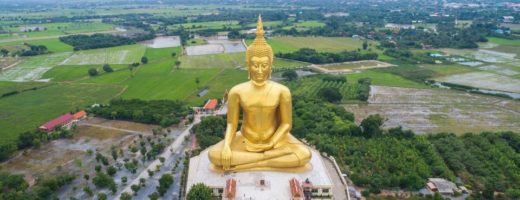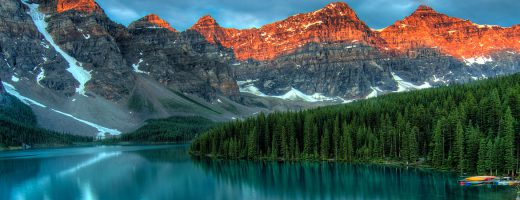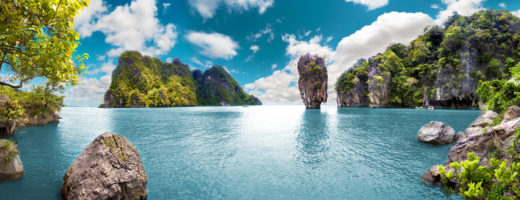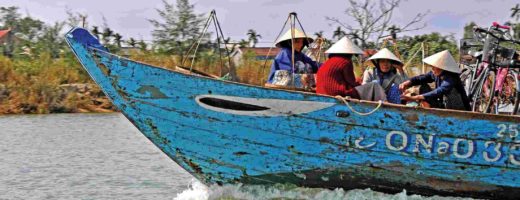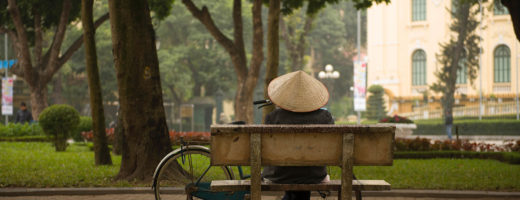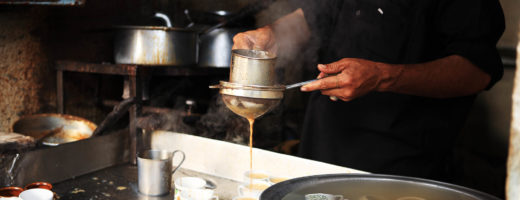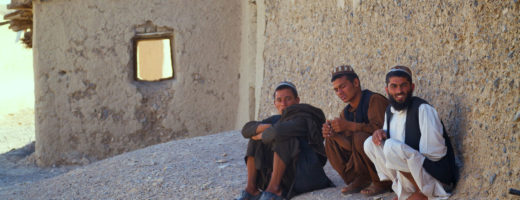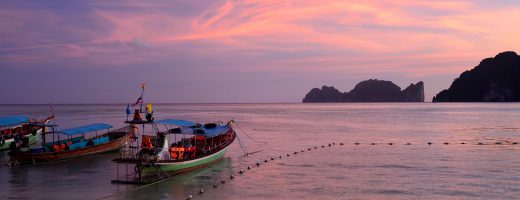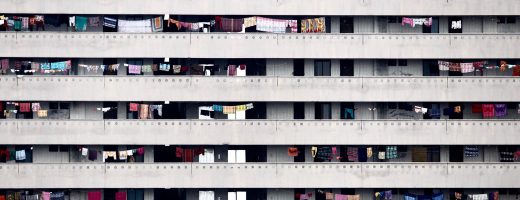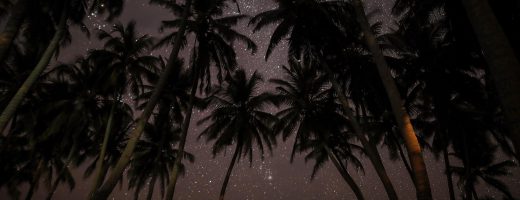Ko Samui Island (photos 1-9) is Thailand’s third largest island, with an area of 228.7 km2 and a population of over 50,000 (2008). It is rich with natural resources, white sandy beaches, coral reefs and coconut trees. Bridge at River Kwai (photos 10-17) commemorates the 92,000 civilians and prisoners of war, including a number of
Thailand – Bangkok Gay Festival 1999
Thailand is one of the most strongly Buddhist countries in the world. The national religion is Theravada Buddhism which is practiced by more than 95% of all Thais. This partially accounts for the high tolerance level of gay life in Bangkok. Buddhism does not overtly condemn homosexuality as do Christianity, Islam and Judaism. Gay Bangkok
Thailand – World AIDS Day Bangkok Dec ’06
To view World Aids Day 2006 Bangkok gallery (not on GlobalGayz) – click here.
Gay Tibet (Lhasa)
Intro: Not surprising, LGBT folks are everywhere in the world including a small furtive scene gathering in the Tibetan capital city of Lhasa–but not quickly and not overtly. A reporter from Singapore’s Fridae.com webzine traveled to the high mountains to report on what a gay visitor can expect to find in that community. From Fridae.com
Gay Vietnam (Hanoi): Crouching Love, Hidden Passion
Hidden in the tightly woven fabric of conservative northern Vietnam culture, gay men seek out love and life using high tech Internet and low tech T-rooms. Among the beauty of the coastline and the rugged high mountains, most lesbigays are married and deny their secret. But romantic truth for younger gays is slowly emerging into light and warmth.
Gay Vietnam is Quiet and Alive – Saigon
Introduction: Life in bustling Saigon, a city of eight million people and six million motorbikes, is colorful, ambitious, old and modern. Gay life barely shows its face against conservative traditions. The scene is small, unorganized and subdued (non-existent in the eyes of the government). Outside Saigon and Hanoi there are little pockets of LGBT expression in the smaller cities like Hoi An and Hue. This story is followed by a News Report that further informs about the meager LGBT life in Vietnam.
Vietnam – Hanoi and North
A two week drive around the northern third of Vietnam brought us to Hanoi, Halong Bay, the northwest mountains, Dien Bien Phu and Sapa. This abridged gallery does little justice to the beauty of the land and the variety of hill tribes in these areas. Read the stories about gay Vietnam
Vietnam – Saigon / Ho Chi Minh City
Ho Chi Minh City (Saigon) is a vast, vibrant, hectic, intense cosmopolitan city yet with room to breath and a pace calm enough to ride a bike. As the country cautiously mutates from communism to capitalism, many ambitious citizens have tasted the delights of profit and drive around in SUV’s. Still, most common folks peddle
Vietnam – Mekong Delta
The very fertile Mekong Delta is Viet Nam’s breadbasket: it feeds the nation with rice, vegetables, fish and fruit. (Vietnam is the world’s second largest rice exporter.) It is a densely populated area, including the waterways where hundreds of thousands of people conduct commerce by boat. A day trip around this floating city is a
Vietnam – Cu Chi Tunnels
In the 1940’s, 50’s and 60’s Viet Nam resistance fighters built these underground tunnels to wage guerilla war first against the French and later American military forces. It’s estimated there were more than 250 km of passages, some of which were directly underneath American bases. Whole populations of Viet Cong fighters and supporters lived–and died–in
Vietnam – Dalat & Area
Dalat is a city of 130,000 in central Vietnam surrounded by mountains with bustling downtown shops as well as parks, lakes, forests, many hotels and a popular flower festival. The area is also home to numerous indigenous hill tribes such as the Lat tribe who grow beans and coffee. Located here is the former summer
Vietnam – Hoi An
Hoi An is a charming coastal city with much traditional architecture and narrow pedestrian streets. The old town is a UNESCO World Heritage site with its pagodas, antique houses and museums. Artisans turn out paintings, carvings and lots of clothing, rain or shine, flooding or dry. Outside the city is the My Son ancient kingdom
Vietnam – Nha Trang
Nha Trang has some of the best beaches in Vietnam. The clear turquoise water and endless sand along with countless informal restaurants and hotels make this city of 320,000 a relaxing traveler’s rest stop (except in November and December). About 100 km south of Nah Trang are the ancient Po Klaung Garai Towers (first five
Vietnam – Hue City
Hue city is another cultural and historic gem of Vietnam. With 290,00 people the city is alive with commerce, tourism, ancient and modern buildings, ambitious citizens and painful war memories (now mostly out of mind). The major attractions now are not religious but historic. The huge Citadel (Imperial City), once the seat of emperors’ mightly
Vietnam – Hue-Emperor Tombs
From 1802 to 1945 Vietnam was ruled by a series of Nguyen dynasty emperors who lived extravagant lives while most of the population lived as paupers. When these leaders died, monumental tomb sites–some like miniature towns–were built south of Hue along the Perfume River. Guidebooks list seven major tomb sites that have become major tourist
Vietnam – Danang Area
Danang is a city of about a million people. It is the major commerical hub for central Viet Nam but most tourists pass through on their way north to historic Hue or south to picturesque Hoi An. For many American visitors the name is synonymous with the war. The enormous military base was often in
Vietnam – Demilitarized Zone of the War
Before the American War (1965-75) the Ben Hai River divided ‘democratic’ South Viet Nam and communist North Viet Nam. The demilitarized zone spread about 5 km north and south of the river. During the war the DMZ was heavily militarized and became one of the most savaged places on earth. Located here was the huge
Gay Afghanistan, After the Taliban. Homosexuality as Tradition
Introduction: With the fall of the Taliban government and its inhumane restrictions on normal life (including homosexual favoritism), old sexual traditions have re-surfaced as Afghanistan rebuilds its shattered culture.
Gay Afghanistan: Homoeroticism Among Kabul’s Warriors
Afghan men skating along the edges of gay life Last fall (2004) I found myself in Afghanistan, a nation at the center of the upheaval and change roiling the world. There I found Afghan men skating along the edges of gay life. I’ve had a curiosity about Afghanistan since childhood that began with the 1979
Afghanistan – Faces and Countryside
Afghanistan is a culturally mixed nation, a crossroads between the East and the West, and has been an ancient focal point of trade and migration. It has an important geostrategical location, connecting South, Central and Southwest Asia. During its long history, the land has seen various invaders and conquerors, while on the other hand, local
Gay Thailand 2017: Varieties of Life and Love
By Richard Ammon GlobalGayz.com November 2017 Fantasy Life As I wrote this story, Thailand was glued to a royal funeral ceremony via millions of TVs, radios and live in central Bangkok. For eight hours, since 0700 on a Saturday in November 2017, monks and ancient horns filled the solemn air with prayers and chants as
Gay India 2001-03: Many Faces, Secret Traditions and Bold New Times
Intro: Two academic commentaries and three interviews serve as a basic introduction to the vast and complex potpourri of cultures known as India. Gay India is one of the convoluted subcultures folded
into the intense tapestry of languages, customs, religions and secular traditions in this country of a billion people.
In parts one and two, guest authors discuss widespread male-male sexuality as an unspoken and unquestioned–and unlabeled–way of life integrated into family and village customs. The public–spoken or written–label of ‘gay’ or ‘homosexual’ is questioned as a valid description of such men: traditional MSM does not necessarily mean today’s ‘queer’.
Following these academic commentaries are links to parts three and four: interviews with three important gay and lesbian leaders who give a more ‘flesh and blood’ feel for gay life that is ‘out’ and evident in modern India.
The final fifth section is a story about Calcutta’s first gay pride parade and a reflection of its extended meaning.
Lesbians in Thailand
Intro: Lesbians present a different scene than the men. More modest in their sexual expression, there are no lesbian saunas where women walk around in towels cruising each other, although there are lesbian bars. Various reasons have been offered to explain this difference, from men’s more predatory nature to feminist distaste for imitating male habits to women’s natural nurturing subjective demeanor versus men’s penchant for objectifying sex—or powerful social traditions that shape and limit women’s roles in society.
Gay Bangladesh
Guest writer Martin Forman opens a small window onto the sly, furtive and suspicious gay ‘scene’ in the city of Sylhet, Bangladesh. This is followed by a level-headed essay by Afsan Chowdury, a native author, who writes: “there are gays in our Bengali society, and there is no sense in suppressing and stifling it.”
Gay Guam
Far from the crowds of Asia and American lies tiny Guam in the western Pacific. Modern and historic, the island – and town of Tumon – is a miniature US state in many ways with its beachfront luxury hotels, glittery shopping malls, K-Mart, hetero strip joints and gay bars. But even these inventions don’t take away from the simple tropical beauty of the land. Jungled hills, countless palm-fringed beach coves and rural Chamorro villages make this a place of quiet beauty. Gay life is barely visible, laid back and comfortable.

